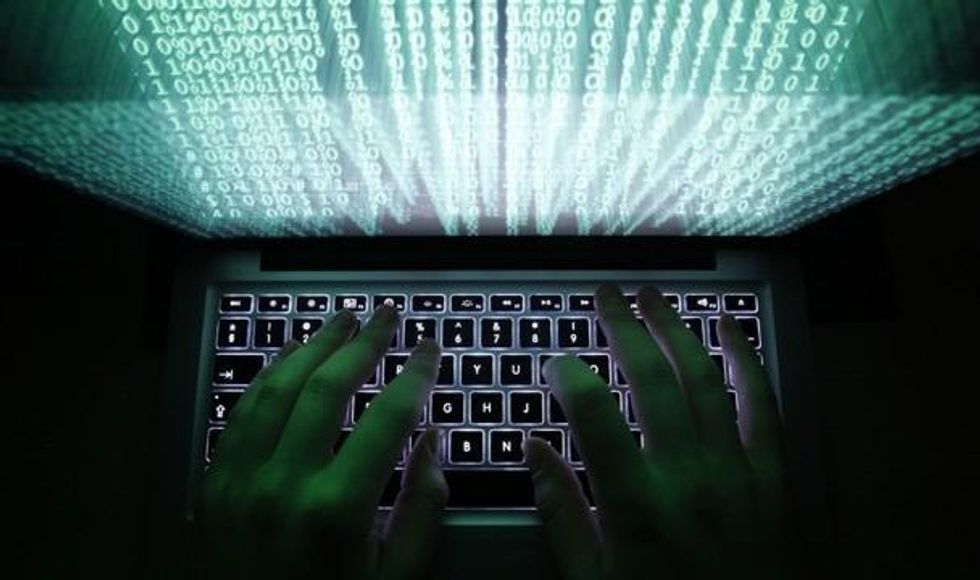The majority of U.S. citizens do not trust the National Security Agency with their personal communication data and would like the
NSA to stop its dragnet surveillance programs, according to a new McClatchy-Marist poll.
56 percent of the 1,204 adults surveyed said the government had gone too far in its collection of personal data--the extent of which was exposed by leaks provided by NSA whistleblower Edward Snowden and published by the Guardian.
70 percent of those polled favored regulations that would limit what can be monitored.
Only one-quarter considered the NSA's practices reasonable.
Likewise, in a 2 to 1 margin, those polled said that the U.S. government has gone too far with its Insider Threat Program that was exposed in a recent report by McClatchy. The report showed that millions of federal employees and contractors are being told to spy on each other and to tell on potential whistleblowers and leakers.
"Privacy still counts, and federal employees snooping on each other, that's out of bounds," said Lee Miringoff, director of the Marist Institute for Public Opinion at Marist College in New York, which conducted the poll.
The poll comes just as the House of Representatives failed to pass an amendment that would have defunded the NSA's secret spying programs, showing vast disparities between the desires of the general public and those who represent them in Congress.
The vote did, however, close with a narrow margin, showing bi-partisan melding on both sides of the battle line and was "the closest that privacy advocates have come since 9/11 to stopping the National Security Agency from collecting Americans' data in bulk," the Guardian reports.
"First, we're working to determine how to put pressure on a handful of very conspicuous members who voted the wrong way--some new members who ran purporting to be progressive, or the group of 17 Democrats who voted against the Patriot Act in 2011 but voted against Amash yesterday," said David Segal of Demand Progress, who organized an online campaign to pressure representatives to defund the NSA.
"We hope that as many people as possible will continue to call and email their members of Congress to thank those who voted the right way and demand that others change their votes."
_______________________




